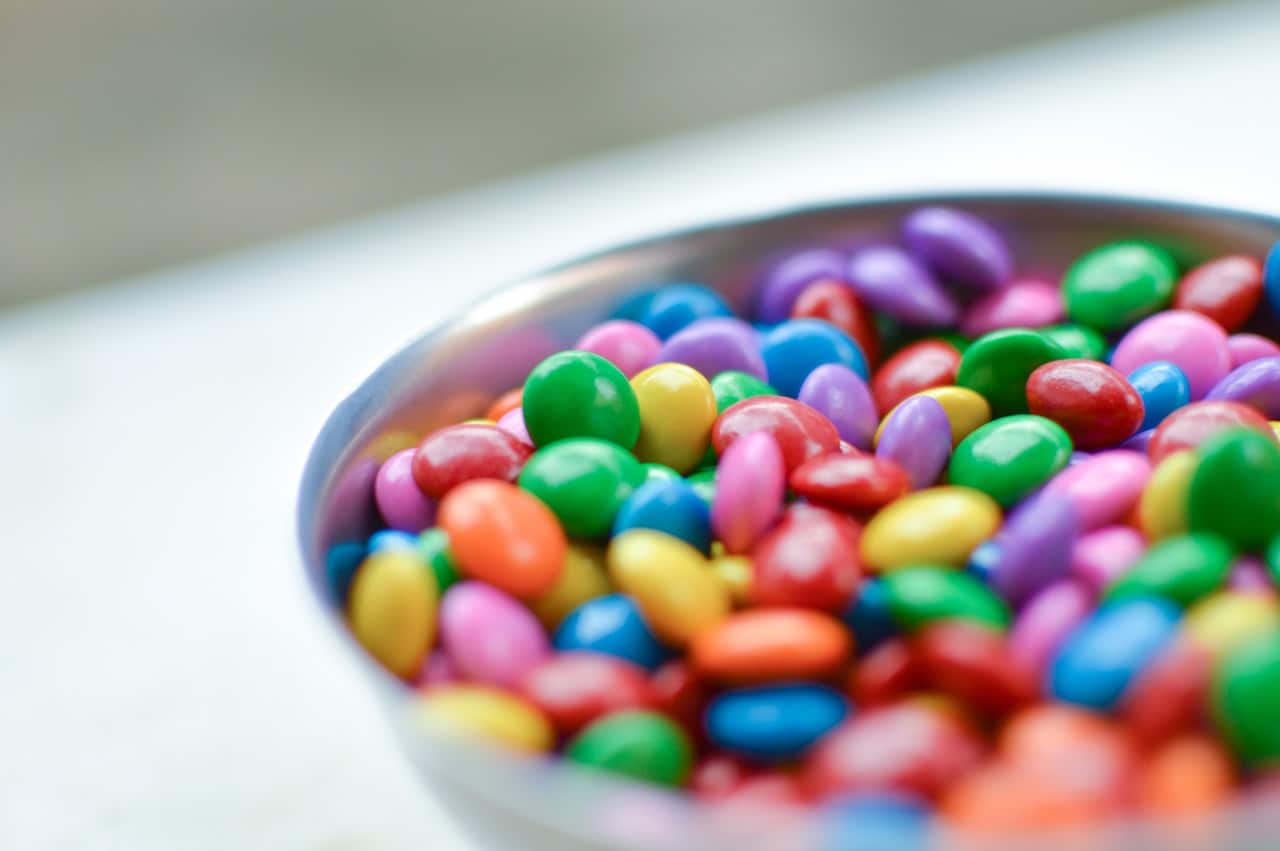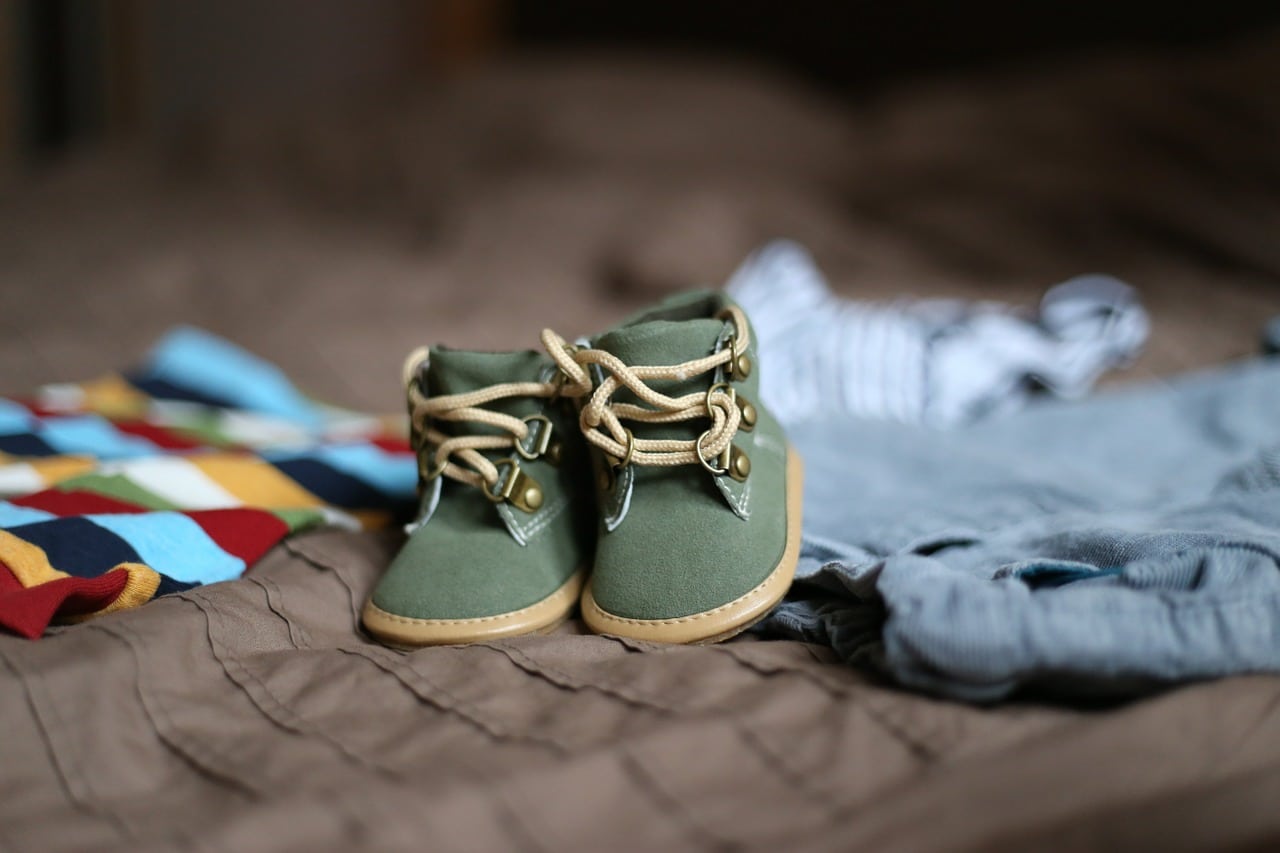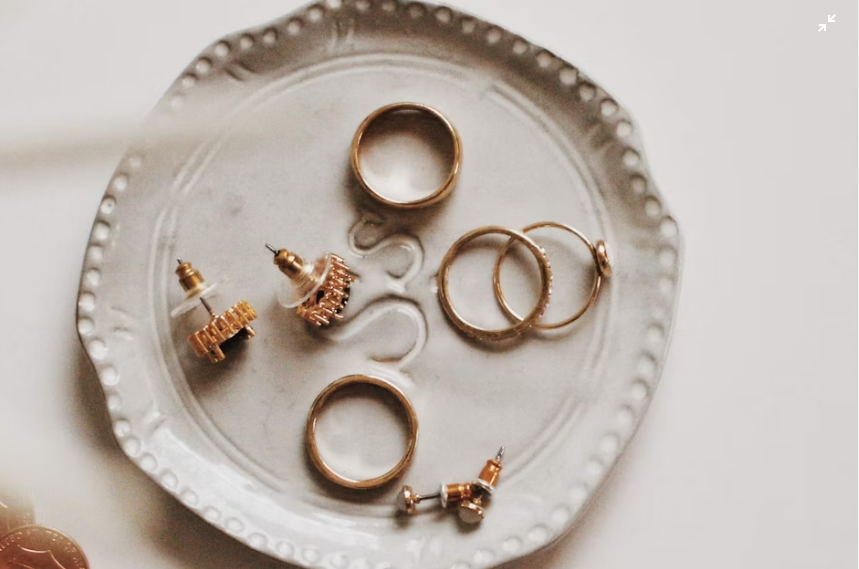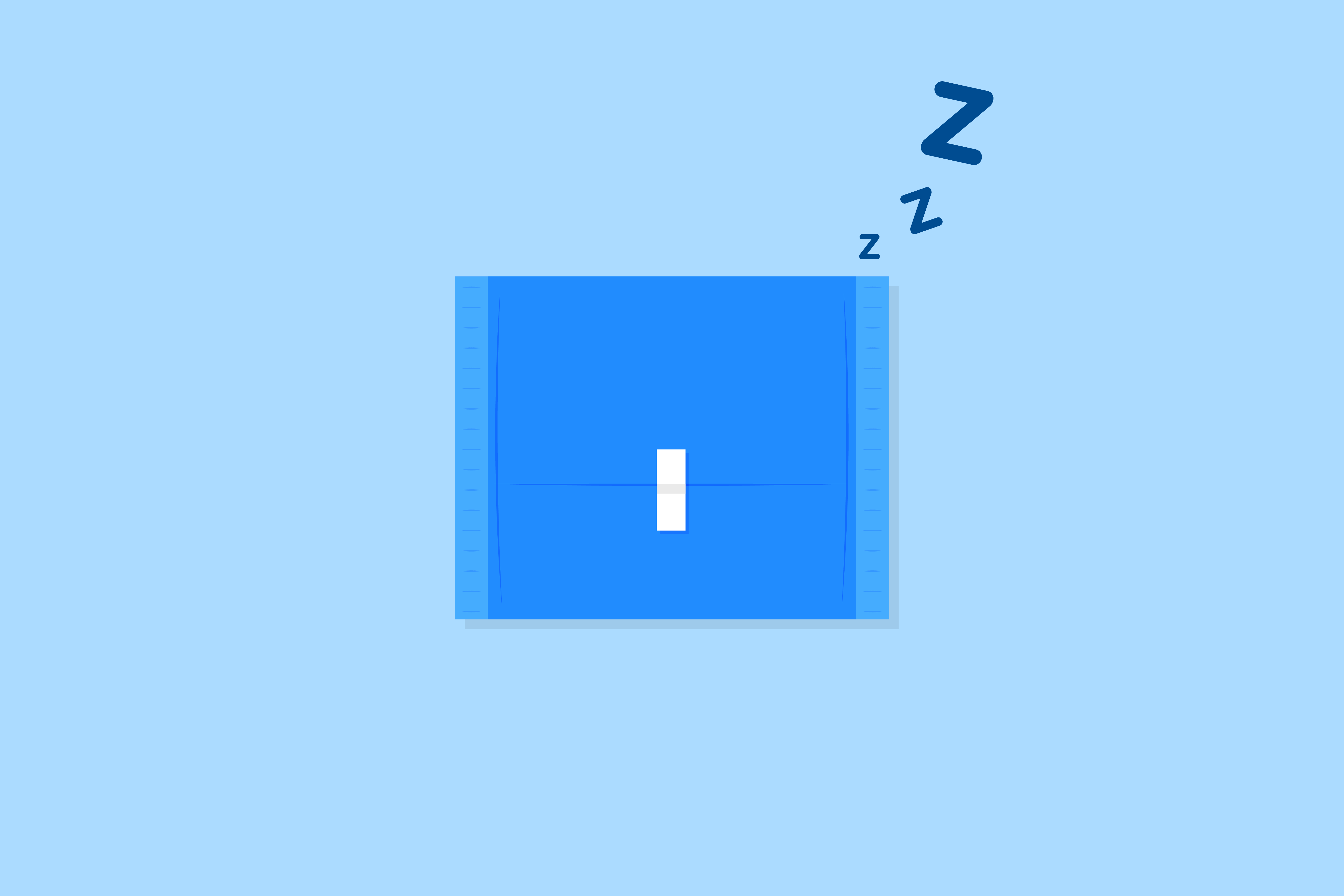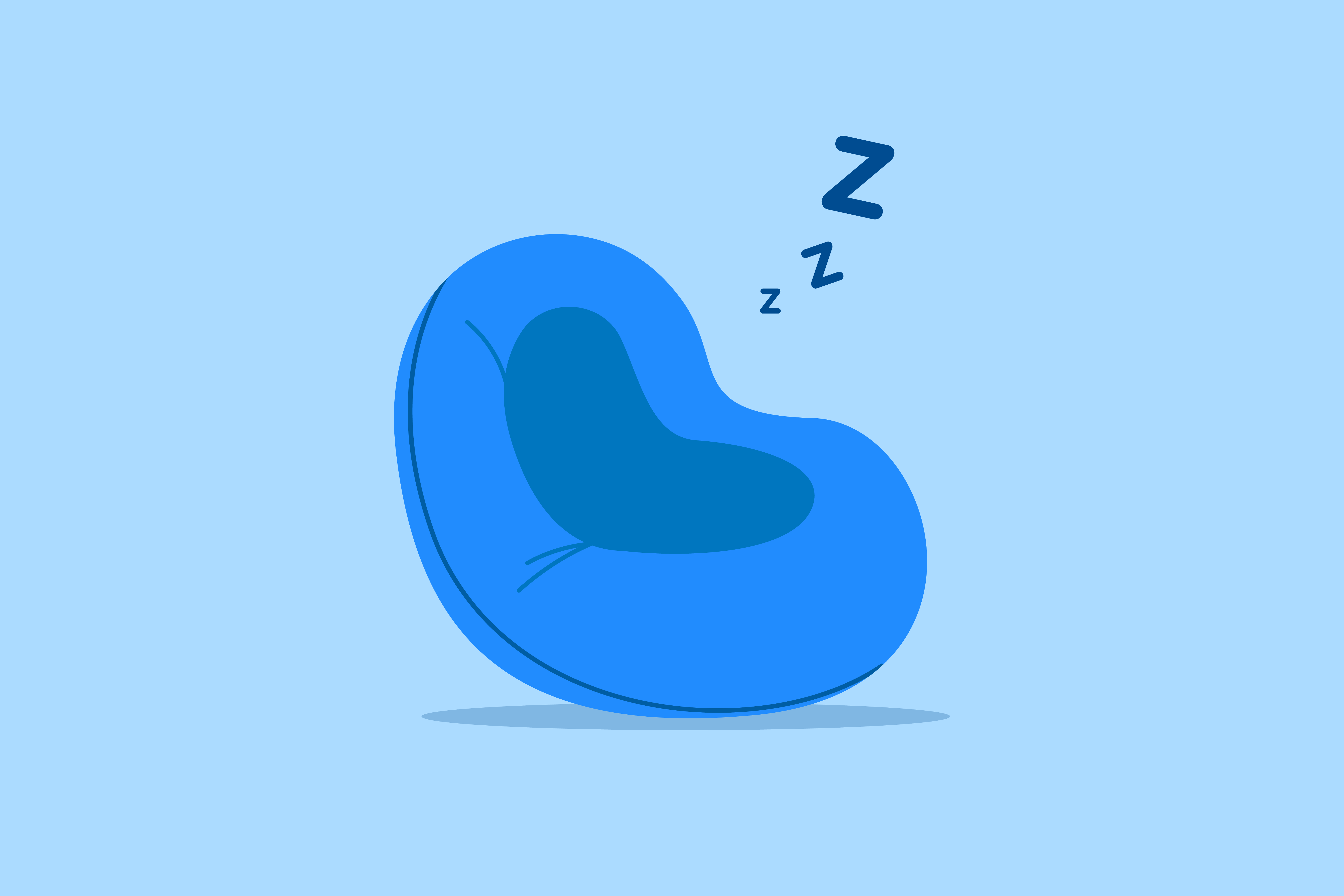Key Takeaways
- Sugar Consumption and Sleep Disturbances: Excessive sugar intake, especially close to bedtime, can lead to sleep disruptions and the development of sleep disorders such as insomnia. High levels of added sugars in processed foods can impact blood sugar levels, making it harder to fall asleep and stay asleep.
- Sugar Rushes and Crashes: Consuming sugary foods or beverages can cause a temporary increase in energy and alertness, known as a “sugar rush.” However, this burst of energy is short-lived, often followed by a rapid decline in blood sugar levels, leading to feelings of fatigue and irritability, known as a “sugar crash.” These fluctuations in blood sugar levels can disrupt sleep patterns and contribute to poor sleep quality.
- Hormonal Imbalance and Sleep: Excess sugar consumption can disrupt hormonal balance, affecting sleep patterns and increasing the risk of sleep disturbances. Elevated cortisol levels, triggered by high blood sugar levels, can interfere with deep sleep, while disruptions in growth hormone secretion can impact overall sleep quality. Additionally, sugar-induced weight gain and cravings can further exacerbate sleep-related issues.
You’re not alone if you’ve ever had a restless night after indulging in sugary foods or drinks. If you’re struggling to get a good night’s sleep, it could be due to your unhealthy eating habits.
Consuming high amounts of sugar can lead to sleep disruptions and the development of sleep disorders. Added sugars found in various foods can impact your ability to stay asleep and achieve a restful night’s sleep.
Poor sleep can take a toll on your daily life, from a lack of focus and productivity to more severe sleep disorders.
In this article, we’ll dive into the effects of high sugar intake, weight gain, and other disruptions sugar can have on your sleep. We will examine how sugar contributes to disrupted sleep, sleep deprivation, and the hormone cortisol, leading to sugar cravings and high blood sugar levels.
Additionally, we will look at the effects of caffeine consumption on your sleep. Let’s take a closer look at how sugar and sleep correlate, and how your sleep health could benefit from reducing your sugar intake.
The Role of Sugar in Modern Lifestyles
In today’s modern lifestyle, people are consuming high amounts of sugar, which can impact sleep health. The past few decades have seen an increase in sugar consumption, alongside heightened caffeine consumption, leading to sleep disturbances and other health conditions.
Sugar consumption has fallen off since 2000, Verified Source National Library of Medicine (NIH) World’s largest medical library, making biomedical data and information more accessible. View source but we as a whole society still consume 300% more added sugars than recommended.
How Sugar Impacts Sleep
If you find yourself struggling with insomnia or disturbed sleep patterns, your sugar intake may be a contributing factor. The spikes in blood sugar levels caused by consuming sugary foods can negatively impact the quality of your sleep.
Added sugar intake has been linked Verified Source National Library of Medicine (NIH) World’s largest medical library, making biomedical data and information more accessible. View source to sleep disturbances, making it crucial to watch the amount of sugar you consume. High blood pressure Verified Source National Library of Medicine (NIH) World’s largest medical library, making biomedical data and information more accessible. View source and inflammation Verified Source National Library of Medicine (NIH) World’s largest medical library, making biomedical data and information more accessible. View source caused by a diet high in added sugars can also lead to poor sleep quality.
Consuming sugary snacks or processed foods, especially when eating late before bedtime, can cause your blood sugar levels to spike, making it harder for you to fall asleep and leading to poor sleep quality.
“Sugar-sweetened beverages such as soda, sports drinks and boba have become a daily consumption item in many of our lives, and it’s easy for us to ignore how much sugar is in these drinks and how they affect our body,” says Dr. Jing Zhang, sleep scientist.
“According to a study published in 2020, the more sugary drinks you consume, the worse your sleep quality is, even if you’re considered healthy and not obese.”
This can in turn increase your risk of developing sleep disorders such as insomnia and make it harder to fall asleep fast, along with other behaviors that may interfere with your sleep. Sugary foods’ addiction is another factor that can impact your sleep quality and sleep health.
Sugar Rushes and Sugar Crashes
The “sugar rush” is a term used to describe the rapid increase in energy and alertness often experienced after consuming sugary foods or beverages. When you consume foods high in sugar, such as candy, soda, or pastries, the body quickly breaks down the carbohydrates into glucose, which enters the bloodstream. This rapid influx of glucose causes a spike in blood sugar levels, leading to a surge in energy.
The body responds to this increase in blood sugar by releasing insulin, a hormone that helps cells absorb glucose for energy or storage. In other words, when you consume sugary foods, your body has to release insulin to regulate your blood sugar levels. As a result, cells rapidly take up glucose, which can lead to a temporary feeling of increased energy and alertness, or the “sugar rush.”
However, this burst of energy is short-lived. And when you eat too much sugar, your body’s insulin response may not be able to keep up, leading to blood sugar spikes that can impact your sleep.
As insulin helps cells absorb glucose from the bloodstream, blood sugar levels begin to drop rapidly. This rapid decline in blood sugar levels can lead to feelings of fatigue, irritability, and even cravings for more sugary foods—a phenomenon commonly referred to as the “sugar crash.”
Eating foods high in sugar can disrupt your body’s ability to maintain stable blood sugar levels during the night, which can further impact sleep quality.
To support healthy sleep habits, it’s essential to manage your sugar intake and avoid consuming too much sugar close to bedtime. Your sleep quality could depend on it.
Eating Healthy
Consulting with a sleep doctor can provide you with a better understanding of the relationship between sugar and sleep disorders. They can also suggest ways to optimize your sleep health and minimize the effects of sugar-induced sleep disturbances.
When it comes to sugar intake, opting for natural sugars found in fruits and vegetables over added sugars in processed foods is always a healthier option. By making a conscious effort to reduce added sugar intake, Verified Source Centers for Disease Control and Prevention (CDC) The United States’ health protection agency that defends against dangers to health and safety. View source you may experience a significant improvement in your sleep quality and overall well-being.
When it comes to products made with fruits and vegetables, though, be careful of added sugars. For example, if you want apple sauce or apple juice before bed, look at the nutrition label to see if it’s unsweetened or has a plethora of added sugars.
How Sugar Affects Hormonal Balance
If you consume excess sugar, your hormonal balance can be disrupted, affecting your sleep pattern. Your calorie intake from sugary treats can lead to weight gain and contribute to potential sleep disturbances.
Your body converts sugar into glucose, raising blood sugar levels, which triggers the release of insulin and cortisol, a stress hormone that can interfere with deep sleep. Elevated cortisol levels can also increase your appetite and lead to more sugar cravings for “comfort eating” and a problematic cycle.
Sugar also affects your levels of growth hormone, important for optimal health, including cell regeneration and growth. Sugary snacks and drinks can raise your blood sugar levels, causing spikes in insulin production, which can reduce growth hormone secretion.
If you have a sweet tooth before bed, you may be putting yourself at risk of low blood sugar levels during the night, which can affect your sleep quality and duration.
Furthermore, high levels of saturated fat intake from sugary treats and snacks interfere with the regulation of insulin and glucose levels, further exacerbating sleep disturbance problems.
Sugar, Weight Gain, Cravings, and Sleep
Did you know that a high sugar intake can lead to weight gain and poor sleep quality? Excessive consumption of sugary foods can negatively impact your sleep patterns and contribute to conditions such as obstructive sleep apnea, which can prevent you from getting the restorative sleep your body needs.
Consuming more sugar than your body needs can result in blood sugar spikes, shortening the duration of your sleep. High sugar diets and shorter sleep durations are also linked to Verified Source National Library of Medicine (NIH) World’s largest medical library, making biomedical data and information more accessible. View source sleep deprivation, which can further affect your sleep quality. In turn, poor sleep quality can affect Verified Source National Library of Medicine (NIH) World’s largest medical library, making biomedical data and information more accessible. View source your food cravings, Verified Source Harvard Health Blog run by Harvard Medical School offering in-depth guides to better health and articles on medical breakthroughs. View source and it’s not uncommon to crave sweets and other junk food after a poor night’s rest. In other words, this could be the start of a vicious cycle.
“A 2021 study Verified Source ScienceDirect One of the largest hubs for research studies and has published over 12 million different trusted resources. View source looking at how short sleep duration affects our diet shows that not having enough sleep can lead to us feeling more hungry and choosing high-calorie and high-fat food items,” according to sleep scientist Dr. Zhang. “In other words, this could be the start of a vicious cycle.”
Strategies to Improve Sleep and Reduce Sugar Intake
To achieve restful sleep and reduce the negative impact of sugar on sleep, sleep experts and doctors recommend implementing practical strategies.
The first step is moderating your added sugar intake. Excess consumption of sugary snacks and beverages not only affects your sleep but can also lead to weight gain and a higher risk of conditions like diabetes and fatty liver disease. So yes, that often means saying no to ice cream before bed and choosing a healthier bedtime snack.
Adopting healthy eating habits can significantly improve your sleep health. This includes consuming natural sugars found in fruits, vegetables, and whole grains instead of added sugars present in processed foods. You can still enjoy a full range of sweet and savory treats when looking at healthy late night snacks.
Understanding the impact of natural sugars is another significant strategy to create balance in your diet. While consuming natural sugars in moderation can promote overall health, excess consumption can still lead to sleep disturbances.
You should also optimize your sleep routines by creating a relaxing environment conducive to sleep and going to bed and waking up at consistent times. These practices can improve your sleep duration and reduce the risk of sleep deprivation.
By implementing these strategies, you can make positive changes to prioritize sleep and achieve restful sleep while limiting the negative impacts of excess sugar consumption.
Along with expert advice from a sleep doctor, these strategies can help you achieve optimal sleep health and reduce the risk of weight gain, sleep disturbances, and sleep deprivation.
How Caffeine Impacts Sleep
In addition to high sugar intake, caffeine consumption can also lead to sleep disturbances. Consuming caffeine Verified Source National Library of Medicine (NIH) World’s largest medical library, making biomedical data and information more accessible. View source within a few hours of bedtime can make it harder to fall asleep and stay asleep through the night.
“Many of us drink coffee with added sugar and cream for flavor, and the sugar intake further disrupts our sleep in addition to the caffeine itself,” notes Dr. Zhang.
Caffeine is a stimulant, Verified Source Centers for Disease Control and Prevention (CDC) The United States’ health protection agency that defends against dangers to health and safety. View source and its effects can last for several hours, making it harder for individuals to achieve a restful night’s sleep.When consumed, caffeine blocks the action of adenosine, a neurotransmitter responsible for promoting sleep and relaxation. By inhibiting adenosine, caffeine increases alertness and arousal, making it difficult for individuals to fall asleep and stay asleep.
The effects of caffeine on sleep can vary depending on factors such as the amount consumed, individual sensitivity, and timing of consumption. Generally, caffeine has a half-life of about 3 to 7 hours, meaning that it takes this amount of time for half of the caffeine to be metabolized and eliminated from the body.
Consequently, consuming caffeine late in the day, especially within 6 hours of bedtime, can disrupt sleep by prolonging the time it takes to fall asleep, reducing overall sleep duration, and fragmenting sleep architecture.
Moreover, regular consumption of caffeine can lead to tolerance, meaning that individuals may require higher doses to achieve the same stimulating effects over time. This can exacerbate sleep disturbances as higher doses of caffeine may further disrupt sleep patterns.
Additionally, withdrawal from caffeine can also impact sleep, causing symptoms such as headaches, irritability, and fatigue, which can further disrupt sleep quality.
Insights from Sleep Experts
Sleep experts suggest that individuals looking to improve their sleep health should make mindful choices when it comes to eating sugar and caffeine consumption. Reducing the intake of processed foods that are high in added sugars is an important first step, as is watching what you consume in the hours before bedtime.
Additionally, developing healthy eating habits that emphasize natural sugars can help promote restful sleep and overall sleep health. Taking steps to reduce caffeine intake, especially close to bedtime, can also help individuals achieve optimal sleep duration and quality.
FAQs
What foods are high in melatonin?
Melatonin is a hormone that regulates sleep-wake cycles, and some foods naturally contain it. Foods high in melatonin include tart cherries, tomatoes, grapes, and nuts. Incorporating these into your diet may contribute to better sleep quality, although it’s essential to maintain a balanced diet overall for overall well-being.
Can sugar affect your sleep?
Yes, consuming excessive sugar, especially close to bedtime, can negatively impact your sleep. High sugar intake can lead to fluctuations in blood sugar levels, causing disturbances in sleep patterns. We advise limiting sugar intake, especially from sources like desserts and sugary beverages, to promote better sleep hygiene.
Does sugar make you sleepy or active?
While a small amount of sugar can provide a quick energy boost, an excess of it can lead to a crash in energy levels. Consuming too much sugar can cause a spike in blood sugar, followed by a subsequent drop, leaving you feeling fatigued. Therefore, it’s important to maintain a balanced diet and moderate sugar intake for sustained energy levels.
What is the best thing to eat before bed?
Optimal bedtime snacks include foods rich in tryptophan, such as turkey, nuts, and seeds, as well as complex carbohydrates like whole grains. These can promote the production of serotonin and melatonin, aiding in a restful night’s sleep.
Additionally, incorporating a small amount of protein and healthy fats can help maintain stable blood sugar levels throughout the night.
What are the signs of too much sugar?
Excessive sugar consumption can manifest in various ways, including increased thirst, frequent urination, fatigue, and weight gain. Additionally, signs like difficulty concentrating, mood swings, and poor sleep quality may indicate an imbalance in blood sugar levels.
Monitoring your sugar intake and maintaining a well-rounded diet can help prevent these symptoms and support overall health.
Conclusion
There is no denying the impact of sugar on sleep quality and overall health. Excessive sugar intake can lead to sleep disturbances, weight gain, and chronic conditions such as fatty liver disease and high blood pressure. To improve sleep health, it is essential to adopt healthy eating habits, moderate added sugar intake, and optimize sleep routines.
By understanding how sugar affects sleep and taking steps to reduce its consumption, you can achieve more restful sleep, improve sleep duration, and reduce the risk of sleep disorders. Prioritizing sleep and making mindful choices about sugar consumption can support optimal sleep habits and promote overall well-being.
Remember, a good night’s sleep is vital for maintaining good health, and reducing your sugar intake can help you achieve it. So, make sure to keep a check on your sugar intake and make conscious efforts to improve your sleep habits for a better and healthier life.
About the author
Geoff McKinnen is a writer focusing mainly on the healthcare industry and has written articles on everything from foods to help you lose weight to the connection between Alzheimer’s and sleep. Geoff’s passionate about helping readers improve their well-being to lead happier lives. Outside of work, Geoff enjoys cycling and hiking and believes that by leading a healthy lifestyle, he can help others do the same.
View all posts